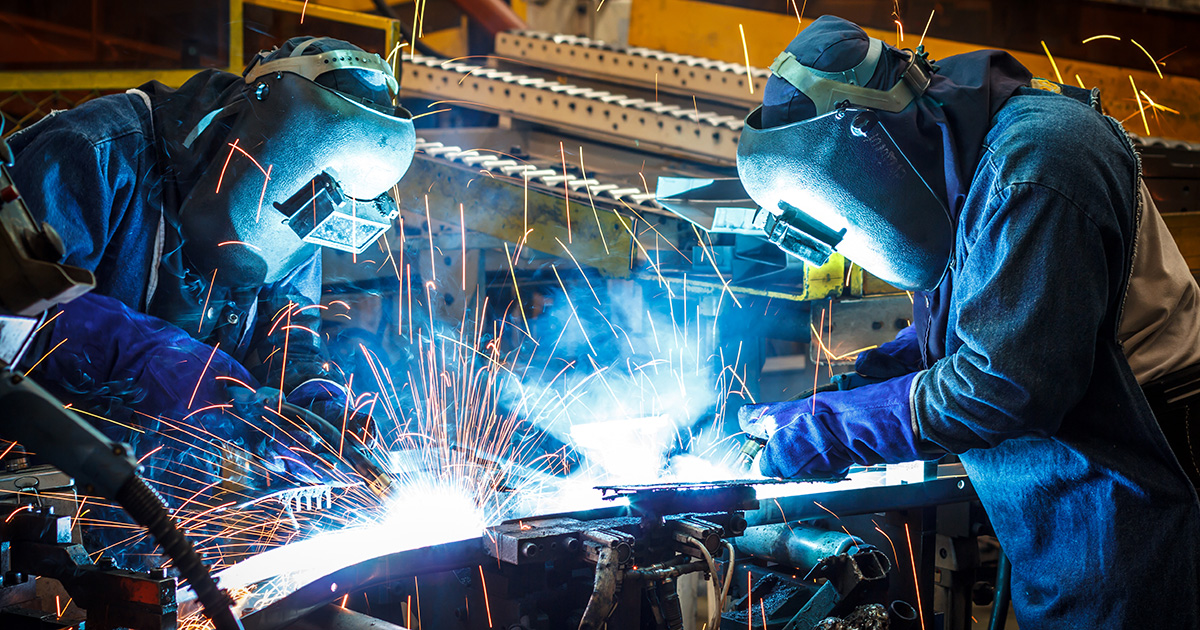
Democratic State Senators Seek Spark to Ignite Manufacturing Expansion
Brewster, Hughes, Yudichak to introduce comprehensive legislative package
Harrisburg – January 11, 2019 – Three Democratic state senators today announced a comprehensive package of legislation aimed at sparking a rapid and sustained expansion of Pennsylvania’s manufacturing sector.
State Sens. Jim Brewster (D-Allegheny/Westmoreland), Vincent J. Hughes (D-Philadelphia/Montgomery) and John Yudichak (D-Luzerne/Carbon) said they will sponsor legislation that would better focus state efforts to develop manufacturing opportunities and create jobs.
“We need to focus our efforts and address all aspects of economic development, including manufacturing,” Hughes said. “We have to do better coordinating our efforts, funding job training, purchasing new equipment and investing in communities in need.
“Manufacturing is a large and important part of our economy and it needs to continue to grow and develop. Our urban and rural areas are heavily dependent on this sector of our economy.”
According to the Center for Manufacturing Research, 12 percent of Pennsylvania’s gross state product is directly related to manufacturing with more than 550,000 workers engaged. Manufactured products account for $33 billion annually in exports.
Yudichak’s legislation calls for the creation of a “Chief Manufacturing Officer” within the governor’s office and a “Manufacturing Competitiveness Board” to help craft an overall manufacturing strategy.
“A chief manufacturing officer would serve as a strong advocate for manufacturing at the highest level of state government,” Yudichak said. “The individual who serves in that position should be well-schooled in the development of manufacturing strategies, especially as it relates to rural areas.”
A key aspect of growing the manufacturing sector is having capital on hand to help businesses invest in new equipment and training. Brewster’s legislation would channel up to $5 million in state grants for vocational technical schools, vocational programs and equipment purchases from the state’s Machinery and Equipment Loan Fund. The proposal would increase the maximum loan amount from $5 million to $7.5 million and authorize loans to retrofit equipment.
“This grant program is essential for vocational schools and small businesses,” Brewster said. “The grants would allow schools to purchase state-of-the-art equipment to train a new generation of skilled workers.”
Over the next decade, nearly 3.5 million manufacturing jobs will likely be needed, and 2 million are expected to go unfilled due to the skills gap, according to Deloitte and the Manufacturing Institute.
Hughes’ legislation would expand the Manufacturing Tax Credit by lifting the credit cap to $12.5 million from its current $4 million. A portion of the tax credit – up to $2.5 million – would be set aside for businesses in distressed communities. It would also be used for disadvantaged, minority, women and veteran-owned businesses.
Brewster said that the investment in manufacturing pays dividends for Pennsylvania’s workers. The average annual compensation for manufacturing employees in Pennsylvania in 2016 was $72,151. The average statewide salary for non-manufacturing and nonfarm business in Pennsylvania in 2016 was $49,059, according to National Association of Manufactures – State Data.
“We must have investments in manufacturing to ensure that Pennsylvania has a well-rounded and diverse economy,” Brewster said. Brewster’s Senate district includes many areas dependent on heavy manufacturing operations in the Monongahela and Allegheny River valley’s in Allegheny and Westmorland Counties.
Yudichak, who is from Northeast Pennsylvania, has a diverse district that includes manufacturing operations in cities and rural areas. He said it was critical that Pennsylvania policy stay current with national and international economics.
“A small manufacturing business, often located in a rural area, produces products that are used in goods manufactured all over the world,” Yudichak said.
The changing world economic landscape has altered how manufacturing is being developed and sustained in the United States. In 2015, compared to urban areas, manufacturing represented a greater share of both private nonfarm rural jobs (14 percent vs. 7 percent) and rural earnings (21 percent vs. 11 percent) according to the U.S. Department of Agriculture.
While the legislation was also introduced last session, the Democratic senators said they are hopeful they can advance the legislative package this year. They said will question state officials about their commitment to manufacturing during the upcoming budget hearings.
-30-
